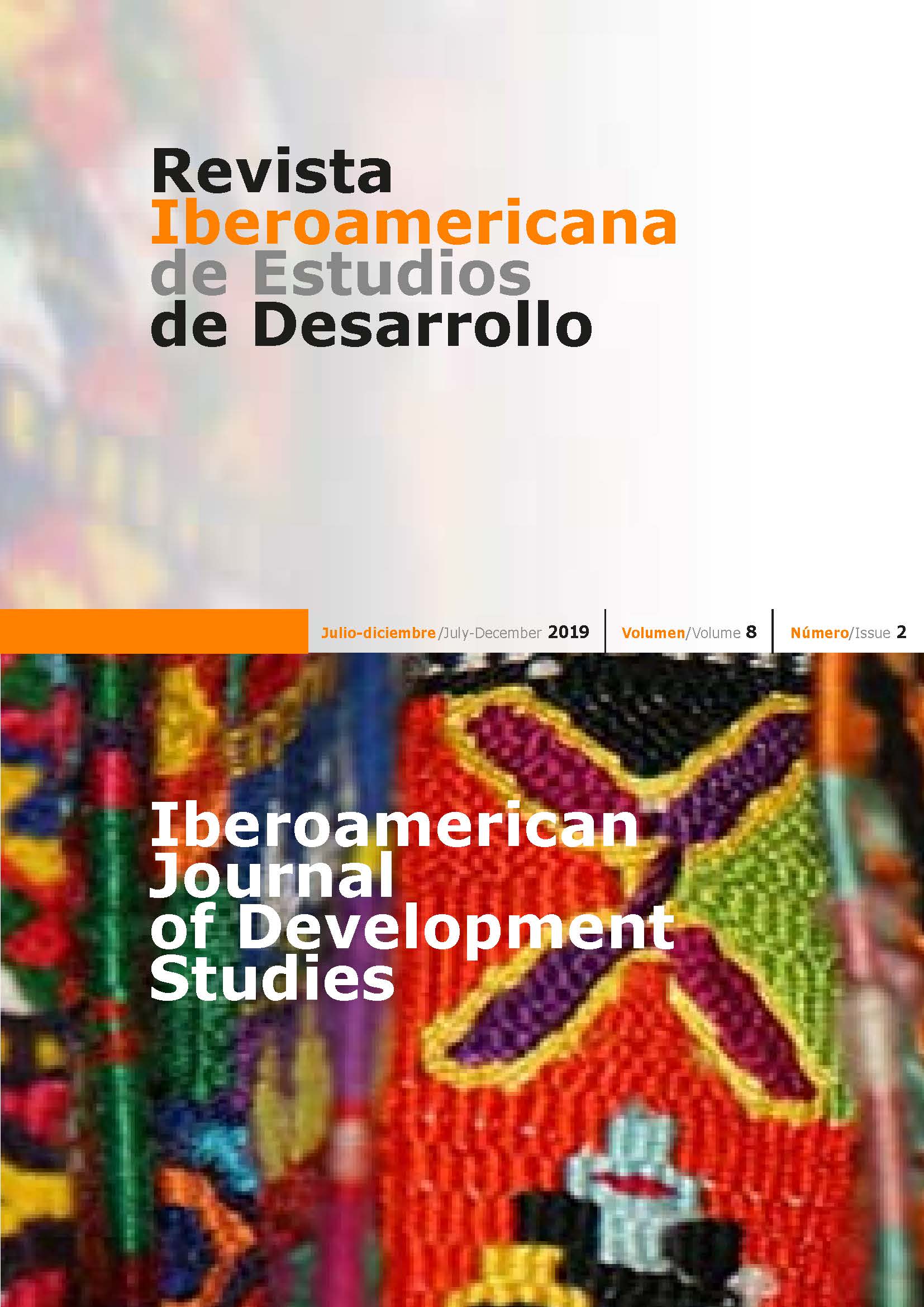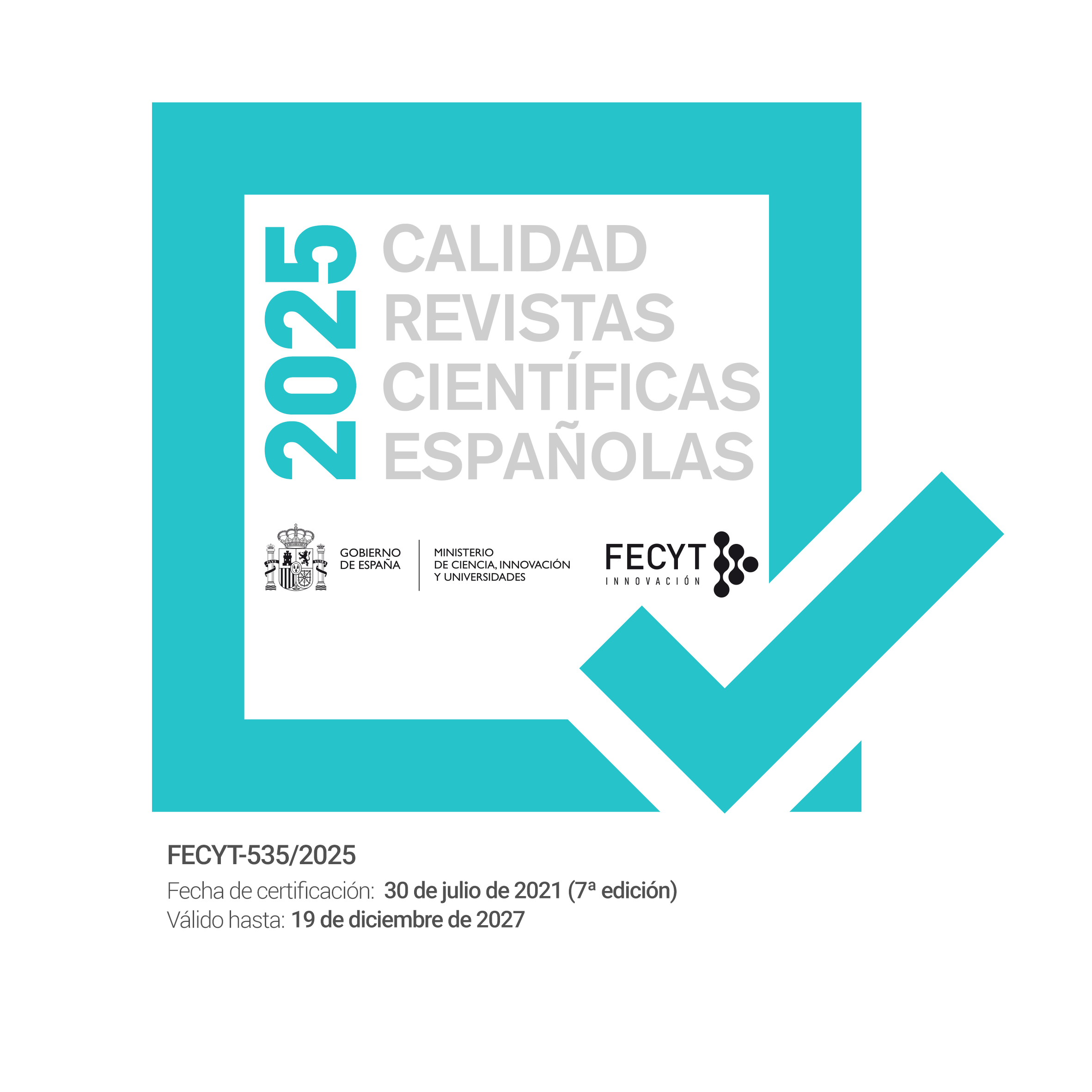La inclusión de las personas con discapacidad en los acuerdos de paz de Colombia
DOI:
https://doi.org/10.26754/ojs_ried/ijds.364Palabras clave:
discapacidad, derecho internacional, derechos humanos, conflicto armado, proceso de paz, víctimasResumen
Existe una especial conexión entre discapacidad y conflicto armado. Las situaciones graves de violencia no solo generan nuevas discapacidades, sino que agravan las existentes. Teniendo en cuenta que la discapacidad es una cuestión de derechos humanos, así como el alto número de víctimas del conflicto que tienen algún tipo de discapacidad, hubiese sido deseable que el Acuerdo Final de Paz con las FARC-EP en Colombia incluyese un enfoque específico sobre discapacidad. Su ausencia puede contribuir a perpetuar su situación de exclusión. En el proceso de negociación con el ELN, se abre una posibilidad para subsanar esta omisión.Descargas
Referencias
ACUERDO FINAL PARA LA TERMINACIÓN DEL CONFLICTO Y LA CONSTRUCCIÓN DE UNA PAZ ESTABLE Y DURADERA (2016). Suscrito por el Gobierno de la República de Colombia y las Fuerzas Armadas Revolucionarias de Colombia-Ejército del Pueblo (FARC-EP) el 24 de noviembre de 2016.
BIEL PORTERO I (2011). Los derechos humanos de las personas con discapacidad. Tirant lo Blanch, Valencia.
BRETT R (2017). La Voz de las Victimas en la Negociación: Sistematización de una Experiencia. Programa de las Naciones Unidas para el Desarrollo-PNUD.
COMITÉ SOBRE LOS DERECHOS DE LAS PERSONAS CON DISCAPACIDAD (2014a). Observación general núm. 1, Artículo 12: Igual reconocimiento como persona ante la ley, de 19 de mayo. CRPD/C/GC/1.
COMITÉ SOBRE LOS DERECHOS DE LAS PERSONAS CON DISCAPACIDAD (2014b). Observación general núm. 2, Artículo 9: Accesibilidad, de 22 de mayo. CRPD/C/GC/2.
COMITÉ SOBRE LOS DERECHOS DE LAS PERSONAS CON DISCAPACIDAD (2016a). Observaciones finales sobre el informe inicial de Colombia, de 30 de septiembre. CRPD/C/COL/CO/1.
COMITÉ SOBRE LOS DERECHOS DE LAS PERSONAS CON DISCAPACIDAD (2016b). Observación general núm. 3, sobre las mujeres y las niñas con discapacidad, de 25 de noviembre. CRPD/C/GC/3.
COMITÉ SOBRE LOS DERECHOS DE LAS PERSONAS CON DISCAPACIDAD (2017). Observación general núm. 5, sobre el derecho a vivir de forma independiente y a ser incluido en la comunidad, de 27 de octubre. CRPD/C/GC/5.
COMITÉ SOBRE LOS DERECHOS DE LAS PERSONAS CON DISCAPACIDAD (2018). Observación general núm. 6, sobre la igualdad y la no discriminación, de 26 de abril. CRPD/C/GC/6.
COURTIS C (2003). Disability rights in Latin America and international cooperation. Southwestern Journal of Law and Trade in the Americas 9:109-238.
DEGENER T (2003). Disability as a Subject of International Human Rights Law and Comparative Discrimination Law. En: Herr SS, Gostin LO y Koh HH (eds.). The Human Rights of Persons with Intellectual Disabilities. Different but Equal. Oxford University Press, Oxford.
DESPOUY L (1993). Los derechos humanos y las personas con discapacidad. Publicación de las Naciones Unidas, Nueva York.
FINKELSTEIN V (1980). Attitudes and Disabled People. World Rehabilitation Fund, Nueva York.
GRUPO DE MEMORIA HISTÓRICA (2013). ¡Basta Ya! Colombia: Memorias de Guerra y Dignidad. Imprenta Nacional, Bogotá.
KAYESS R, FRENCH P (2008). Out of Darkness into Light? Introducing the Convention on the Rights of Persons with Disabilities. Human Rights Law Review 8(1):1-34.
KOCH IE (2009). From Invisibility to Indivisibility: The International Convention on the Rights of Persons with Disabilities. En: Arnardóttir OM, Quinn G (eds.). The UN Convention on the Rights of Persons with Disabilities. European and Scandinavian Perspectives. Martinus Nijhoff Publishers, Leiden y Boston.
LAWSON A (2007). The United Nations Convention on the Rights of Persons with Disabilities: New Era or False Dawn? Syracuse Journal of International Law and Commerce 34:563-619.
LINDQVIST B (1995). Standard Rules in the disability field – a new United Nations instrument. En: Degener T, Koster-Dreese Y (eds.). Human Rights and Disabled Persons. Essays and Relevant Human Rights Instruments. Martinus Nijhoff Publishers, Dordrecht, Boston y Londres.
MÉGRET F (2008). The Disabilities Convention: Human Rights of Persons with Disabilities or Disability Rights? Human Rights Quarterly 30:494-516.
MITCHELL D, KARR V (eds.) (2014). Crises, conflict and disability: Ensuring equality. Routledge, Nueva York.
MURRAY CJL, KING G, LOPEZ AD, TOMIJIMA N, KRUG EG (2002). Armed conflict as a public health problem. British Medical Journal 324:346-349.
OLIVER M (1996). Understanding Disability. From Theory to Practice. Palgrave, Basingstoke.
QUINN G (2006). The UN Human Rights of Persons with Disabilities Treaty: A Blueprint for Disability Law y Policy Research and Reform. Comunicación presentada el 16 de noviembre de 2006 en la National Disability Authority Annual Research Conference.
QUINN G (2009). A Short Guide to the United Nations Convention on the Rights of Persons with Disabilities. En: Quinn G, Waddington L (eds.). European Yearbook of Disability Law, vol. I. Intersetia, Amberes, Oxford y Portland.
QUINN G, DEGENER T (2002). Derechos humanos y discapacidad. Uso actual y posibilidades futuras de los instrumentos de derechos humanos de las Naciones Unidas en el contexto de la discapacidad. Publicación de las Naciones Unidas, Nueva York y Ginebra.
REGISTRO ÚNICO DE VÍCTIMAS (2017). Red Nacional de Información. https://www.unidadvictimas.gov.co/es/registro-unico-de-victimas-ruv/37394 , acceso 22 de noviembre de 2018.
SAULLE MR (1981). The Disabled Persons and the International Organizations. International Documentation Ent, Roma.
SEOANE JA (2012). La respuesta jurídica a la discapacidad: el modelo de los derechos. En: Blázquez Peinado MD, Biel Portero I (eds.). La perspectiva de derechos humanos de la discapacidad. Su incidencia en la Comunidad Valenciana. Tirant lo Blanch, Valencia.
VACAS F (2015). El Derecho Internacional ante el conflicto de Colombia. Tirant lo Blanch, Valencia.
WORLD INSTITUTE ON DISABILITY (2014). The Involvement of Persons with Disabilities in Conflict Resolution and Peacebuilding Efforts: Inclusion of Persons with Disabilities (PWD) as Part of the Solution in the Post-Conflict Arena.
Descargas
Publicado
Número
Sección
Licencia
Derechos de autor 2019 Israel Biel-Portero, Romel Armando Hernández-Silva

Esta obra está bajo una licencia internacional Creative Commons Atribución-NoComercial-SinDerivadas 4.0.



